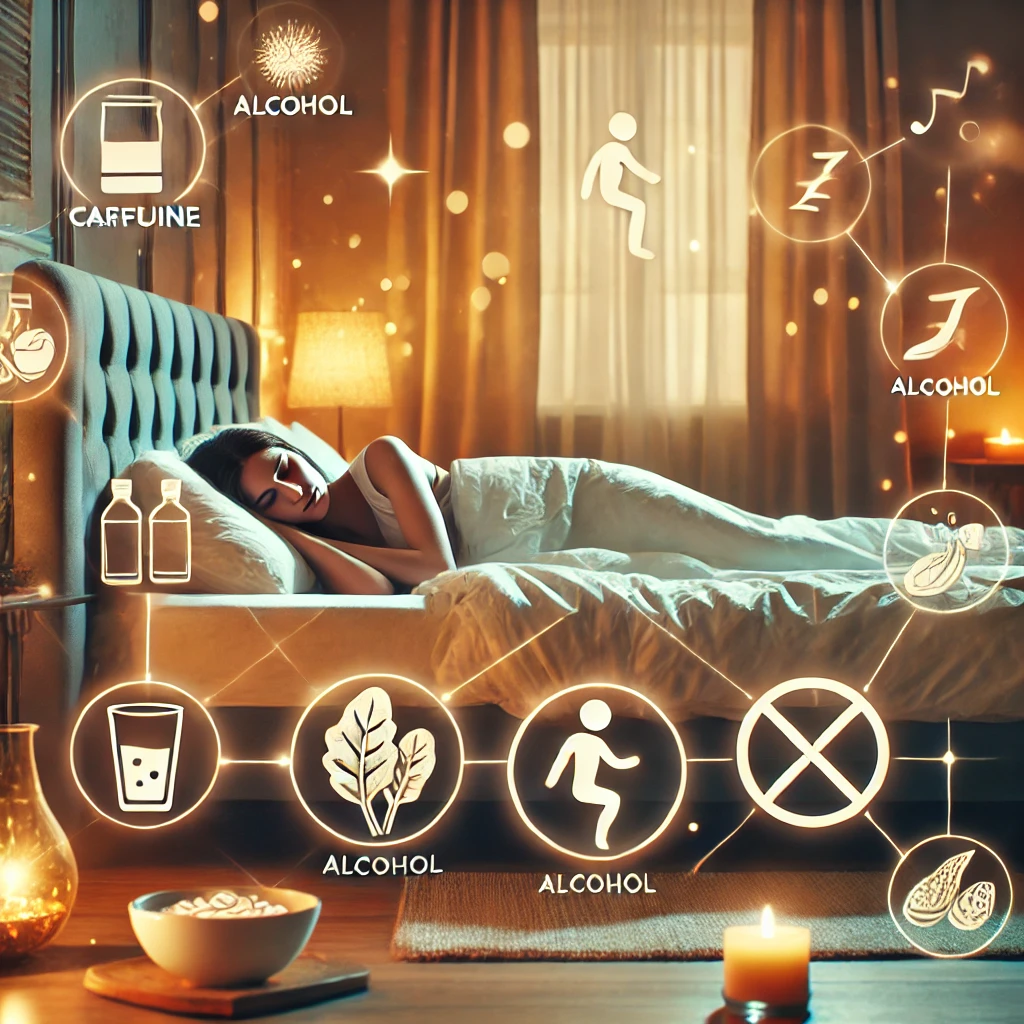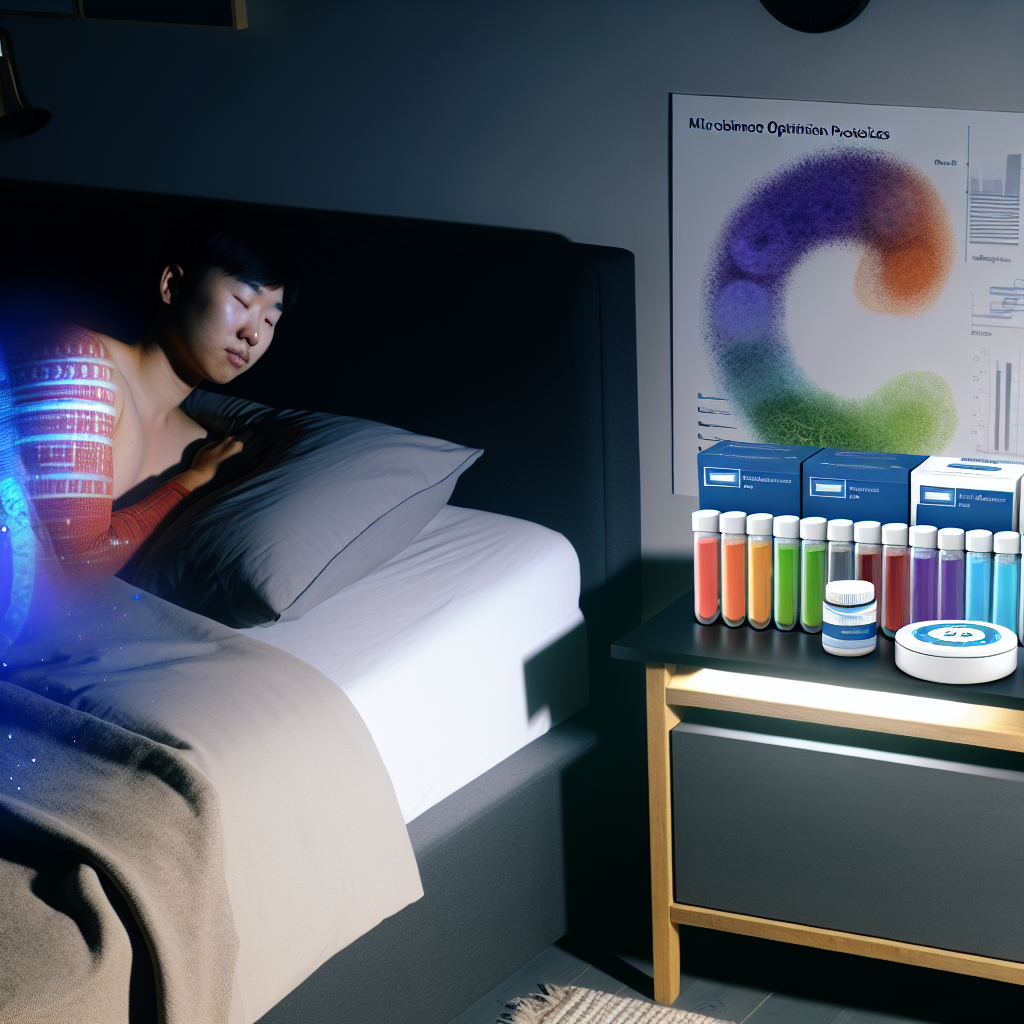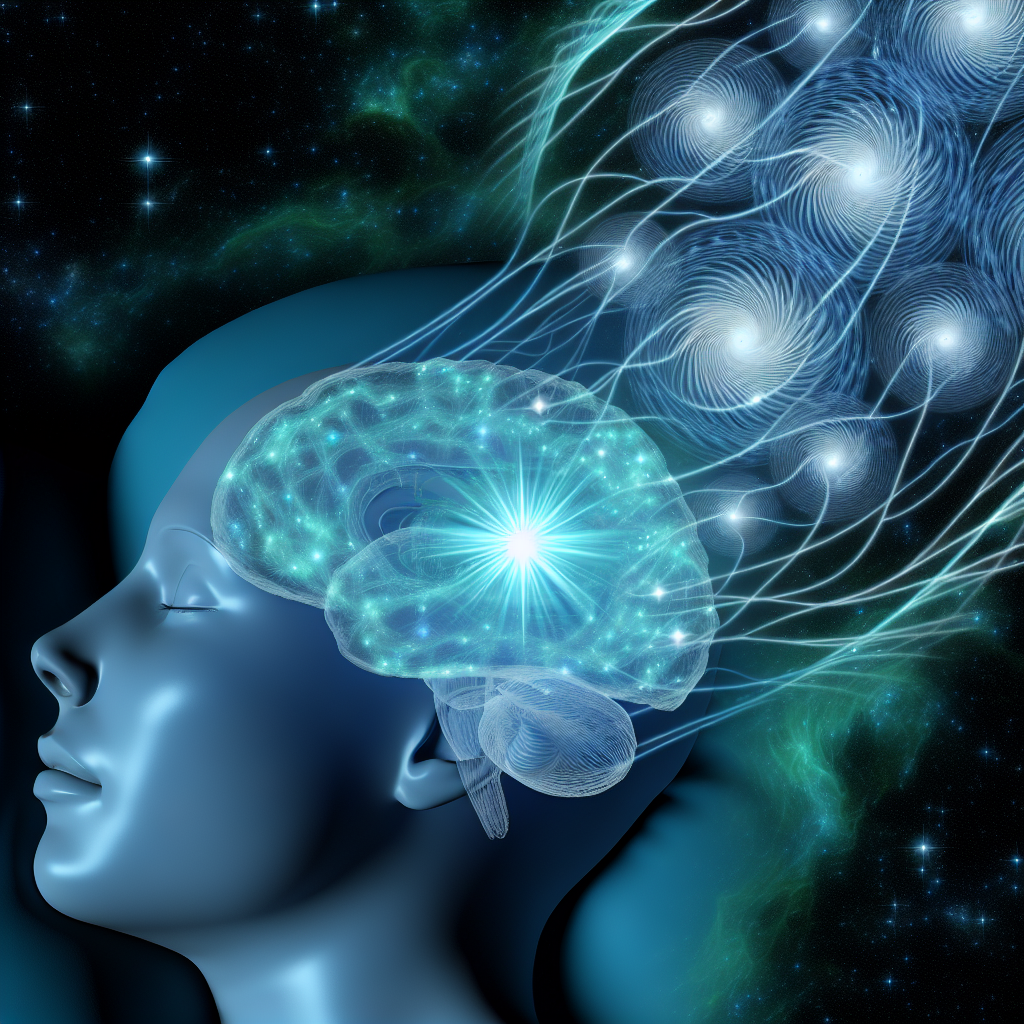Although napping is a good habit, a few adverse effects could occur. Increased risk of high blood pressure is one such harmful effect. However, other research has indicated that napping improves memory and alertness. They can also lessen your daytime tiredness.
Daytime Sleepiness
The practice of napping is believed to lessen daytime drowsiness and may diminish the demand for nighttime sleep. However, the time you need to sleep at night depends on many things. Diet, screen time, exercise, and sleep quality are a few of these variables. Therefore, avoid napping if you have insomnia or other sleep difficulties. In addition, certain sleep disorders can cause a disturbed sleep-wake cycle and excessive daytime sleepiness.
Enhances Memory
It has been demonstrated that naps enhance memory function. A recent study has shown that daytime naps improve long-term and short-term memory. However, it must be determined whether this method is beneficial to humans. The University of Sheffield researchers looked at 41 people and compared how well they remembered knowledge after taking a quick nap versus how well they did not.
Increases Vigilance
A quick nap during the day has increased attentiveness to studies. Those who work on complex assignments will find this to be especially helpful. Studies have also revealed that naps enhance cognitive function and aid in acquiring new abilities.
Raises the Chance of High Blood Pressure
Recent studies indicate that napping may raise your likelihood of heart attack and high blood pressure. This does not imply, however, that naps are harmful. Instead, it can signify a more serious health problem, including a bad diet or a lack of sleep. The study’s findings were based on analyzing information from more than 360,000 individuals in the U.K. Biobank, a sizable biomedical database.
Sleep Apnea
Sleep apnea patients should refrain from napping at night and keep them to no longer than one or two hours. The same applies to those using a CPAP machine or an oral appliance to manage their disease. While taking a nap during the day will improve focus and alertness, it will also mess with your sleep routine and make it more difficult to fall asleep again at night. In addition, sleep loss can raise your risk of hypertension, diabetes, stroke, and cardiovascular disease. Additionally, you should limit your alcohol intake and abstain from using devices after dark. Finally, starting a nightly routine that relieves stress before bed would be best.
Sleepiness
Sleep inertia occurs when you wake up from a deep sleep and cannot move. The signs of sleep inertia can vary from person to person, but they typically include morning grogginess and a slow reaction time. Therefore, it is crucial to determine the causes of sleep inertia and take precautions if you experience it.

Dominic E. is a passionate filmmaker navigating the exciting intersection of art and science. By day, he delves into the complexities of the human body as a full-time medical writer, meticulously translating intricate medical concepts into accessible and engaging narratives. By night, he explores the boundless realm of cinematic storytelling, crafting narratives that evoke emotion and challenge perspectives.
Film Student and Full-time Medical Writer for ContentVendor.com




